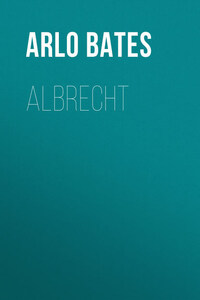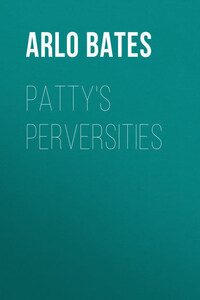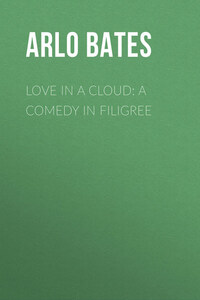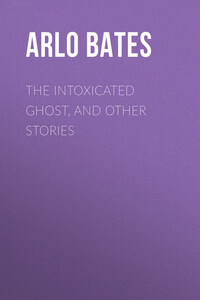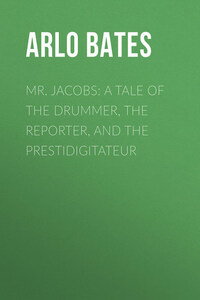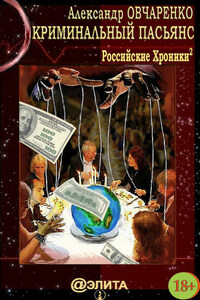FORE-WORD
It must be evident to the most careless observer that the treatment of the theme with which the present story deals would probably not have taken the form it has, had "Undine" not been written before it; but it is to be hoped that "Albrecht" will not on that account be set down as an attempt either to imitate or to rival that immortal romance.
No effort has been made to secure historical exactness, as the intent of the tale was wholly independent of this. To furnish a picture of the times was not in the least the thing sought.
A romance can hardly fall into a more fatal error than to attempt the didactic, and there is no intention in the present story of enforcing any moral whatever; and yet the problem which lies at the heart of the tale is one which is of sufficient significance in human life to furnish a reasonable excuse for any book which, even without contributing anything to its solution, states it so that it appeals to the reader until he recognizes its deep import.
Like a vast sea the mighty Schwarzwald stretched its forests of pine and its wide wastes of heather around Castle Rittenberg, its surface forever fretted into waves by the wind. Like the sea it seemed measureless, and the lands which lay beyond its borders appeared to the scattered dwellers in its valleys as remote as might appear the continents to the people of far islands.
Like the sea, moreover, the Schwarzwald was peopled by strange beings, of whom alike the peasant folk who dwelt upon its borders, the rude churls whose huts stood here and there in clusters in its less intractable nooks, and the nobles whose castles overtopped the wilderness of trees and bracken, went always in secret dread. In the north lurked the hordes of the Huns, the terrible barbarians who from time to time descended, hardly human, upon the fertile lands which lay beyond the borders of the forest, swarming as they went upon whatever luckless castle lay in their path. The boldest knight might well tremble at the name of the ferocious Huns, and even the army of Charlemagne himself had hardly been able to cope with this foe.
But more near at hand, and more terrible than even the Huns, were the strange creatures who abode in the forest, and who walked invisible at their will, the mysterious beings who lurked in dim recesses, and of whom men spoke only in awe-struck whispers. Even what they were it was not easy to say; and who could tell how they were offended or how to be placated? The nixies of the lakes and streams; the dwarfs and gnomes of cave and mountain; the kobolds, who were more daring and more human in appearance than either, so that haply a man might endanger not only his life but even his soul holding commerce with them, unsuspecting that they were not of his fellow mortals, – all these and many others dwelt in the shadowy recesses, and against these not even the hosts of the Great Emperor would avail.
The wind soughing all day in the pine-trees, and the weird, sweet music of the elfin harps which belated wanderers heard sounding to lure them on into blinder depths of the wood, seemed to sing the same song; but its mystery human ears might not fathom, and scarcely could human will resist its spell. In the tempest the bugles of the Wild Huntsman pealed shrilly through the storm, and the retainers at Castle Rittenberg crossed themselves at the sound almost as openly as did the damsels; but there was less danger in this than in the heavenly sweet strains which beguiled the wayfarer into forgetfulness of home and of dear ones until he joined himself to the soulless folk of the forest, and was heard of no more.
It was music of this sort, more sweet than words might tell, faint on the air as the breath of a sigh or yet again swelling full and strong as a blast from the horns when the hunt is rushing through the wood, that had of late been heard around the castle. Delicious, enervating, seductive and yet pleading, the strange melodies had seemed to surround the towers, as if throngs of invisible musicians floated in the air to bring their heavenly minstrelsy to the Countess Erna.
There had indeed been more than one token that something mysterious was forward in the forest; and although the priest of Rittenberg frowned upon all talk of the wood-spirits and their doings, the folk of the castle whispered under their breath many a wild surmise.
Mayhap it was of these things that the Countess Erna dreamed as one spring morning she sat by her open lattice, albeit she had before her a parchment from which she might be reading. From below arose the noise of horses' hoofs, the cries of grooms and pages, the clatter of spurs upon the stone pavement, and all the sounds that betoken the preparation of a troop to leave the castle. So little did she heed, however, that she seemed not to hear. So motionless was she that the doves which had perched upon the wide window-ledge in perfect fearlessness had ceased to regard her at all, and preened themselves in the sun with soft, full-throated cooings, contrasting oddly with the clamor which arose from below.
